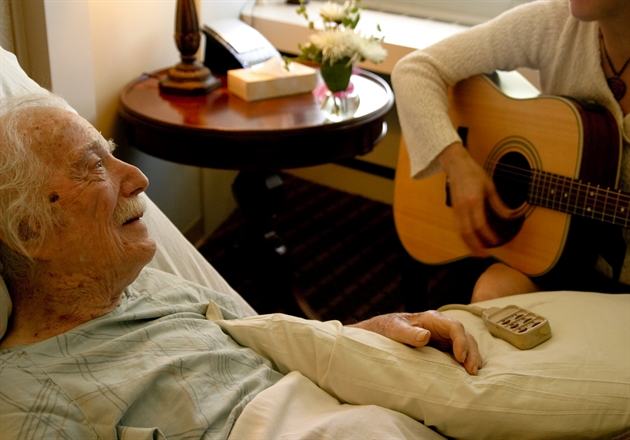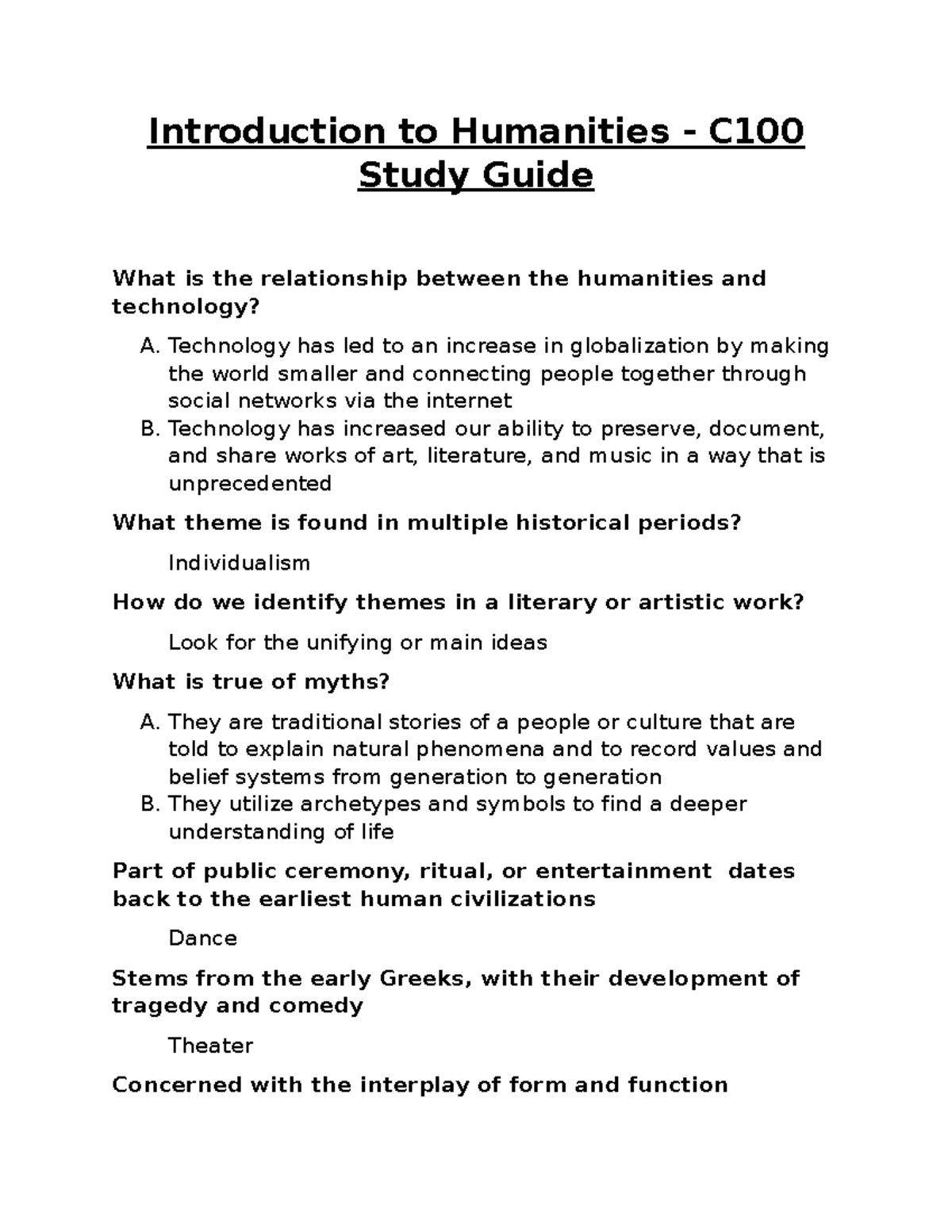The innovative palliative care musical “Night Side Songs” is redefining the way we engage with themes of illness and dying through the lens of musical theater. Created by the Lazour brothers, this poignant production seeks to explore the intricate experiences of cancer patients and the emotional journeys of those surrounding them. With insights from palliative care specialist Susan Block, the musical dives deep into the challenges and victories faced during the end-of-life process. The beautiful, moving performances encourage audiences to reflect on their own relationships with life, death, and the nuances of care. As we evolve in our understanding of palliative care, this compelling artistic expression invites us to join in a conversation that is often shrouded in silence, making the topic of death incredibly resonant and relevant.
This captivating musical theater piece, effectively termed a cancer patient musical, brings to life the complex narratives surrounding palliative care. “Night Side Songs” is not just a simple performance; it’s a deeply emotional exploration of life’s final chapters, echoing themes found in the works of writers like Susan Sontag. By intertwining musical expression with palliative care insights, it challenges societal norms and fosters open dialogue about death. Rather than avoiding the conversation, this production embraces it, providing a platform for audiences to confront their feelings and thoughts on mortality. Through this powerful narrative, the audience is compelled to engage with the realities faced by those in serious illness and the broader implications of compassionate care.
Palliative Care Insights from Susan Block
Susan Block, a pioneer in palliative care, has significantly influenced how healthcare providers approach end-of-life situations. With over thirty years of experience, she emphasizes the importance of candid conversations surrounding death, particularly for patients with serious illnesses. Block’s insights shed light on the emotional and psychological struggles that families face when dealing with terminal diagnoses, making her observations crucial for enhancing palliative care practices.
Block’s belief in the need for open dialogues about death aligns with a growing recognition that too often, both patients and their loved ones suffer in silence. By sharing her experiences and suggesting improvements in how we regard dying patients, Block aims to dismantle the stigma associated with discussing death. It’s through her efforts that there’s been a shift towards understanding palliative care not just as a medical necessity but also as a critical component of holistic patient care.
The Emotional Journey in “Night Side Songs”
The musical *Night Side Songs* offers an emotionally rich narrative that resonates deeply with audiences, predominantly focusing on the experiences of cancer patients and their families. The captivating storyline, shaped by the input of Susan Block, portrays the intimate and often painful realities of living with terminal illness. It compels viewers to engage with themes of grief, love, and the complexities of dying, highlighting the profound emotional journeys that both patients and caregivers undergo.
Throughout *Night Side Songs*, the tension between hope and despair unfolds melodically, drawing the audience into a collective experience that allows them to confront their views on mortality. The authors, Daniel and Patrick Lazour, effectively use music as a therapeutic tool, facilitating a bridge between emotional expression and audience catharsis. This innovative blend of musical theater and poignant subject matter serves to challenge societal norms surrounding conversations about death.
How Musical Theater Challenges Death and Dying
The intersection of musical theater and topics of death brings forth a groundbreaking approach in addressing often-taboo subjects. *Night Side Songs* is a compelling example of how musical performances can disarm audiences, encouraging them to confront and reflect upon their own thoughts about mortality. By weaving heartfelt narratives through song, the show seamlessly integrates a somber theme into a traditionally light-hearted genre, inviting audiences to rethink their preconceptions about both theater and palliative care.
The power of musical theater lies in its ability to evoke emotions and foster connection, making it an ideal medium for exploring difficult issues like illness and dying. By allowing the audience to sing along and participate, *Night Side Songs* transcends conventional barriers, fostering a sense of community among those who may feel isolated by their experiences with illness. This inviting atmosphere helps facilitate essential conversations and emotional connectivity among individuals coping with grief and loss.
The Role of Palliative Care in “Night Side Songs”
In *Night Side Songs*, palliative care is not just a backdrop; it is a crucial theme that the storyline elegantly interweaves. The musical gives voice to the often overlooked aspects of end-of-life experiences, focusing on how palliative care can significantly impact the quality of life for terminally ill patients. By illustrating the perspectives of healthcare providers and caregivers through song, the show highlights how palliative care transcends traditional medical treatment and recommends a more humane approach to dealing with serious illnesses.
As Susan Block notes, the representation of palliative care in this musical encourages a dialogue that is sorely needed in the current healthcare landscape. It reminds us that the focus should not only be on curing diseases but also on preserving dignity and comfort during the dying process. Through its empathetic narrative, *Night Side Songs* advocates for a broader understanding of palliative care as a specialty that bridges medicine and humanity.
Susan Sontag’s Influence on Night Side Songs
The inspiration drawn from Susan Sontag’s reflection on illness as ‘the night side of life’ shapes the heart of *Night Side Songs*. This commentary serves as a powerful lens through which the characters navigate their struggles with serious illness. By incorporating Sontag’s profound insights, the musical invites an exploration of the dichotomy between life and death, underscoring how illness challenges conventional narratives and emphasizes the fragility of existence.
Sontag’s influence extends beyond mere acknowledgment; it challenges creative minds like the Lazour brothers to delve deeper into the psychological and philosophical implications of illness. This connection thus not only enriches the narrative but also elevates public understanding of the emotional burdens that accompany health issues. By evoking Sontag’s thoughts, *Night Side Songs* offers layers of meaning that resonate with audiences, particularly those familiar with the complexities of navigating cancer and other terminal illnesses.
Connecting Audiences Through Music and Storytelling
One of the most captivating aspects of *Night Side Songs* is its ability to foster a communal experience through music and storytelling. The innovative choice to perform in intimate settings creates a unique atmosphere where audience members can feel personally connected to the narrative. This intimate arrangement allows for audience members to engage more deeply with the musical’s themes, creating opportunities for reflection on personal experiences with illness and care.
By encouraging audiences to sing along, the musical transforms the viewing experience into a collaborative effort, inviting everyone to participate in the emotional journey. This shared experience has the power to break down barriers, fostering an environment where feelings about death and dying can be openly expressed. Ultimately, the blend of music and personal storytelling in *Night Side Songs* challenges the norm, instilling hope and connection amongst those facing life’s hardest moments.
The Significance of Intimate Venues in Performing Arts
The choice of more intimate venues for *Night Side Songs* plays a pivotal role in how the story is received by its audience. Unlike larger theaters, these settings encourage a closer connection to the performers and the emotional narratives portrayed in the musical. Susan Block notes that this intimacy facilitates deeper connections, making the experience more impactful and aiding in the audience’s processing of the complex themes surrounding death and dying.
Moreover, performing in smaller, circular formats rather than traditional proscenium stages allows for a communal atmosphere, which can be particularly powerful in a narrative focused on palliative care. Audience members, seated around the actors, are not mere spectators but active participants in the unfolding drama. This engagement is crucial for prompting open discussions on mortality, thereby normalizing conversations about serious illness and end-of-life care.
Navigating the Landscape of Serious Illness
The landscape of serious illness is fraught with uncertainty; a theme prominently explored in *Night Side Songs*. Susan Block emphasizes that recognizing and addressing this uncertainty is pivotal for both patients and their families. The musical artfully encapsulates the unpredictability of outcomes often faced by those in critical health, showcasing how emotions can sway from hope to despair and everything in between.
In sharing these nuanced emotional experiences within a musical framework, *Night Side Songs* becomes a vessel for empathy and understanding. It challenges audiences to navigate the complexities of illness, embracing the uncertainty that accompanies diagnoses and treatment. By reflecting these realities on stage, the musical invites viewers to confront their own fears and uncertainties surrounding serious illness.
Future Implications for Palliative Care in Performing Arts
The depiction of palliative care in *Night Side Songs* sets a precedent for future narratives in the performing arts that can address terminal illness with candor and empathy. As more creatives and health professionals collaborate, the potential to create works that foster understanding and acceptance of end-of-life processes becomes increasingly plausible. This collaboration can also elevate public discourse on palliative care, positioning it at the forefront of compassionate healthcare.
Further exploration into themes of grief, connection, and emotional well-being through theater can lead to greater awareness and acceptance of palliative care. If more productions follow the footsteps of *Night Side Songs* in bridging stories of serious illness with theatrical expression, we might see a transformative shift in how society views death and dying, moving towards a space that honors the complexities of the human experience.
Frequently Asked Questions
What is ‘Night Side Songs’ and how does it relate to palliative care musical?
‘Night Side Songs’ is a poignant musical that explores the experiences of cancer patients and their caregivers, shedding light on the themes of palliative care. Written by Daniel and Patrick Lazour with insights from palliative care expert Susan Block, the musical invites audiences to engage with the realities of illness, grief, and the emotional complexities surrounding end-of-life care.
How does Susan Block’s expertise influence the palliative care musical ‘Night Side Songs’?
Susan Block, a renowned palliative care specialist, played a crucial role in shaping ‘Night Side Songs’ by providing essential insights and guidance on the representation of cancer patients’ journeys. Her extensive experience in psychosocial oncology helped ensure that the musical authentically captures the nuances of palliative care and the emotional experiences of those facing serious illness.
What themes are explored in the cancer patient musical ‘Night Side Songs’?
The cancer patient musical ‘Night Side Songs’ delves into themes such as the emotional impact of illness, the dynamics between patients and caregivers, and the honest conversations needed around death and dying. It emphasizes the importance of community support and honest dialogue for those navigating palliative care.
Why is ‘Night Side Songs’ considered an important work in musical theater on death?
‘Night Side Songs’ breaks new ground in the genre of musical theater on death by addressing the often-taboo topic of end-of-life experiences in a heartfelt and engaging manner. It fosters openness about dying and encourages audiences to reflect on their personal connections to serious illness, making it a significant contribution to both theater and palliative care discussions.
How does the musical format enhance the portrayal of palliative care insights in ‘Night Side Songs’?
The musical format of ‘Night Side Songs’ enhances the portrayal of palliative care insights by using music as a powerful tool for expressing emotions. This creative approach allows audiences to connect more deeply with the characters and themes, facilitating an atmosphere where discussions about illness and mortality can occur in a supportive and relatable context.
Can audiences participate in ‘Night Side Songs’ and engage with its themes?
Yes, audiences are invited to participate in ‘Night Side Songs’ by singing along with the performers. This interactive element not only enhances the experience but also fosters a communal atmosphere where attendees can collectively process the themes of illness and palliative care, making the musical a shared journey.
Where can I find more information about ‘Night Side Songs’ and its performances?
More information about ‘Night Side Songs,’ including performance schedules and ticket sales, can be found on the American Repertory Theater’s website. This musical is being staged at intimate venues to enhance audience engagement with its profound themes.
| Key Points |
|---|
| Susan Block, a palliative care specialist, advised on the musical ‘Night Side Songs’ by Daniel and Patrick Lazour. |
| The musical explores the experiences of cancer patients and their caregivers, focusing on themes of death and dying. |
| ‘Night Side Songs’ is inspired by Susan Sontag’s observation that illness is the ‘night side of life’. |
| The story features Yasmine, a young cancer patient, played by Brooke Ishibashi. |
| Block felt skeptical about a musical on such a somber topic but changed her perspective after watching it. |
| The musical promotes conversations about death, which Block believes is crucial for both patients and their families. |
| It is being staged at intimate venues to create deep connections between the audience and performers. |
| Audience participation through singing along is encouraged, enriching the experience. |
| The Lazour brothers conducted extensive research into end-of-life care for the development of the musical. |
| Block’s contributions helped ensure the authenticity and emotional depth of the musical. |
Summary
The palliative care musical ‘Night Side Songs’ challenges conventional narratives surrounding illness and dying, offering a profound exploration of the experiences faced by patients and their caregivers. By integrating rich storytelling with audience participation, the musical fosters a unique environment for candid discussions about death, breaking the silence often surrounding it. ‘Night Side Songs’ not only invites viewers into the emotional journey but also serves as a platform to contemplate the complexities of life-threatening illnesses, making it a vital part of the conversation on palliative care.




